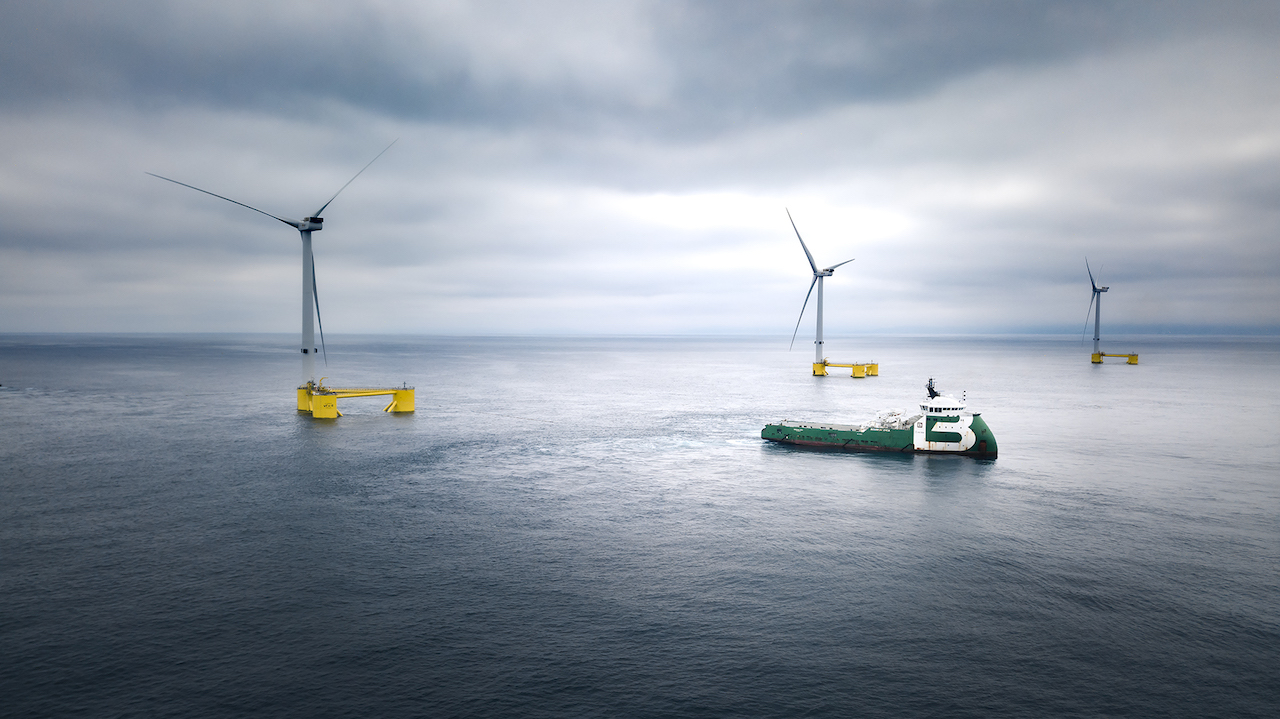The generation arm of renewables mega-investors Octopus Energy today announced its intention to splash a massive £15 billion – or $ 20 billion – this decade on offshore electricity generation.
Only last year did the generator make its first stake in marine turbines. It has since taken stakes totalling $ 1 billion in five marine wind farms.
The investment drive will see Octopus, founded by Greg Jackson & colleagues only in 2016, double in size this decade, up to 12 GW of low carbon generation, enough to power a notional 10 million-plus homes.
Its early offshore interests include stakes in Ørsted-controlled Hornsea One, at 1.2GW one of the world’s largest wind farms, as well in its neighbour the 270MW Lincs Wind farm, co-owned by the Danes with Australian infrastructure financiers Macquarie.
In June last year Octopus became the sole owner of the 19MW Borssele V wind farm off the Netherlands, home to two Vestas turbines, at 9.5MW some of the world’s largest.
While focussing on Europe, Octopus sees the world as its oyster. With several deals already in its pipeline, it intends to back projects at all stages of development, from blueprints only to full commercial operation.
Octopus Energy also backs Simply Blue, a developer of floating wind turbines. Anchored only to floating collars, such structures can tap into strong winds deeper out at sea.
Scaling investment in offshore wind will not only create more clean energy but also numerous job opportunities, the firm believes. The offshore wind sector will create over 100,000 jobs by 2030 in the UK alone, according to last month’s estimate from trade body the Wind Industry Council.
Zoisa North-Bond, boss of Octopus’ generation division, said: “Offshore wind has already rapidly transformed the UK’s energy system.
“We’re incredibly excited about the potential for this technology globally. We’ve got big plans to invest in even more of these big fans to help wean ourselves off polluting gas.
”Offshore wind will undoubtedly continue to play a pivotal role in meeting Net Zero, boosting energy security and driving down bills,” North-Bond added.




